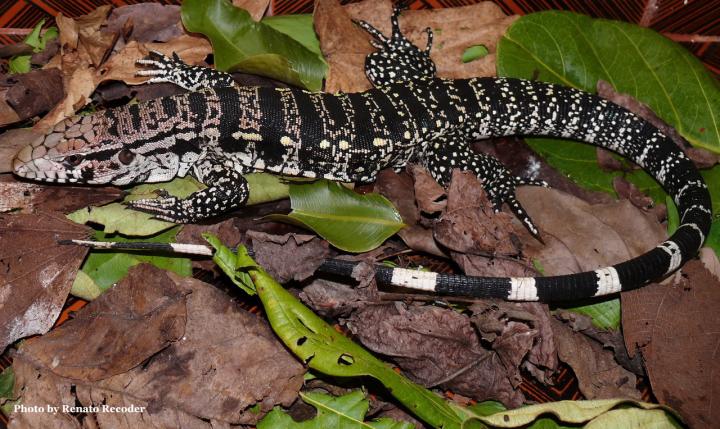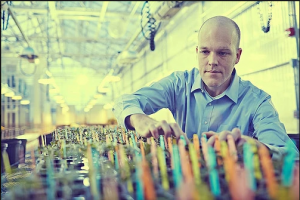
In this data-driven era, research is faced with new challenges, from sharing, storing and accessing data, including how to better integrate data to answer big questions in science. With many data repositories available, it is hard to maintain them all – some repositories are forced to close – meaning loss of access to invaluable datasets.









